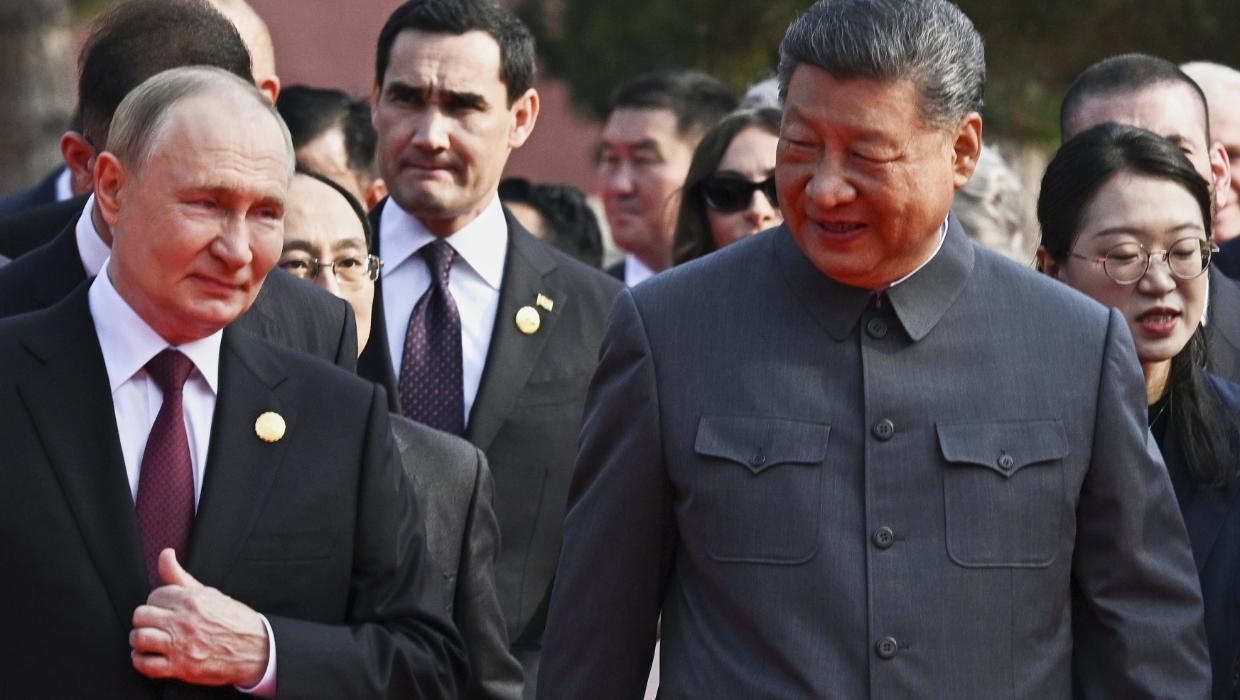Science
NZ$1.7 Billion Bet on Humanity’s Quest for Longevity

The global health community is now eyeing a staggering NZ$1.7 billion wager on whether humans can extend their lifespan to a remarkable 150 years. This bold bet reflects both optimism and uncertainty about the future of medical advancements, particularly in the realm of organ transplantation and longevity research.
While significant strides have been made in the field of medicine, especially concerning organ and tissue transplantation, the brain remains a notable exception. The complexities of brain function and its intricate networks pose challenges that researchers continue to grapple with.
Advancements in Medical Science
Recent developments in medical science have led to unprecedented successes in organ transplantation, making it possible for many individuals to receive life-saving procedures. Innovations in procedures and technology have increased success rates and reduced the risks associated with transplants.
However, the limitations of current medical practices highlight that the brain’s unique nature still eludes effective transplantation. Research in neurological sciences has yet to yield solutions for conditions that impair cognitive function, which has led to a growing focus on ways to enhance brain health and longevity.
The wager, placed by a consortium of researchers and investors, underscores a collective belief that continued investment in medical research can yield solutions to age-related diseases. They argue that with the right funding and innovation, extending human life significantly is within reach.
The Economics of Longevity Research
Investing NZ$1.7 billion into longevity research is not merely a gamble but a calculated risk based on emerging data. According to the World Health Organization, global life expectancy has steadily increased over the past century, with factors such as improved healthcare, nutrition, and living conditions playing pivotal roles.
The expectation is that breakthroughs in medical science could lead to even greater increases in lifespan. As the population ages, the economic implications of longevity research become vital. Longer lives could mean extended working years, contributing to economic growth and productivity.
However, the bet also raises questions about the societal impacts of dramatically increased lifespans. Issues such as healthcare costs, resource allocation, and ethical considerations surrounding aging and organ transplantation must be addressed.
In pursuit of these ambitious goals, researchers are exploring various avenues, including genetic modifications, advanced pharmaceuticals, and lifestyle interventions. Each of these areas holds potential for extending not only lifespan but also healthspan—the period of life spent in good health.
The quest to unlock the secrets of longevity continues to inspire scientists and investors alike. As research evolves, the world will be watching closely to see if the NZ$1.7 billion wager pays off in groundbreaking discoveries that could redefine what it means to age.
-

 World2 weeks ago
World2 weeks agoPrivate Funeral Held for Dean Field and His Three Children
-

 Top Stories3 weeks ago
Top Stories3 weeks agoFuneral Planned for Field Siblings After Tragic House Fire
-

 Sports3 months ago
Sports3 months agoNetball New Zealand Stands Down Dame Noeline Taurua for Series
-

 Entertainment3 months ago
Entertainment3 months agoTributes Pour In for Lachlan Rofe, Reality Star, Dead at 47
-

 Entertainment2 months ago
Entertainment2 months agoNew ‘Maverick’ Chaser Joins Beat the Chasers Season Finale
-

 Sports3 months ago
Sports3 months agoSilver Ferns Legend Laura Langman Criticizes Team’s Attitude
-

 Sports1 month ago
Sports1 month agoEli Katoa Rushed to Hospital After Sideline Incident During Match
-

 World3 weeks ago
World3 weeks agoInvestigation Underway in Tragic Sanson House Fire Involving Family
-

 Politics2 months ago
Politics2 months agoNetball NZ Calls for Respect Amid Dame Taurua’s Standoff
-

 Top Stories3 weeks ago
Top Stories3 weeks agoShock and Grief Follow Tragic Family Deaths in New Zealand
-

 Entertainment3 months ago
Entertainment3 months agoKhloe Kardashian Embraces Innovative Stem Cell Therapy in Mexico
-

 World4 months ago
World4 months agoPolice Arrest Multiple Individuals During Funeral for Zain Taikato-Fox









